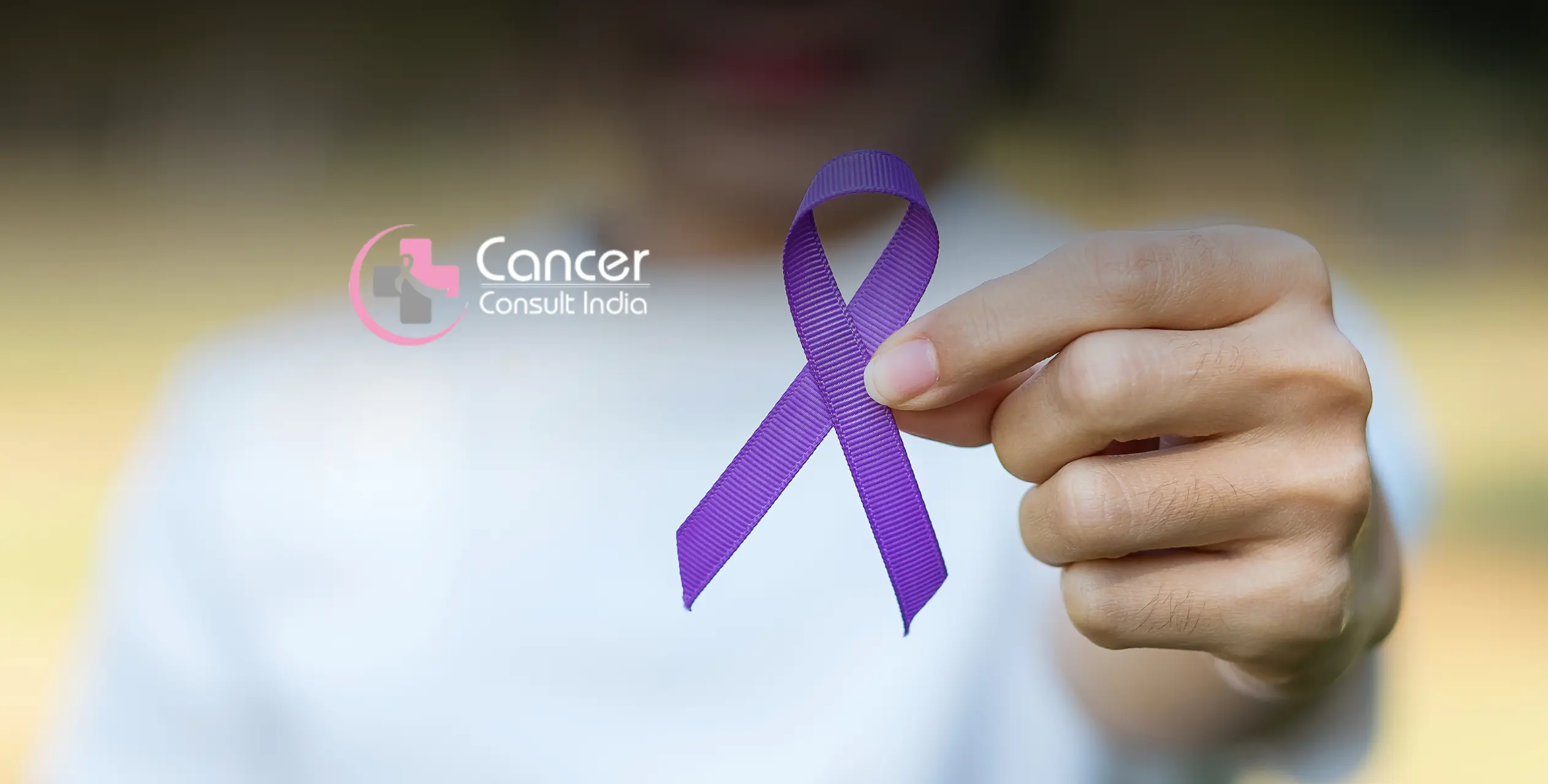Dr Manish Singhal - The best Cancer Specialist in Delhi
The Ultimate Guide to Preventing Cancer: Tips and Strategies

Your everyday choices have a deep effect on your health. Did you know that your varied choices can reduce your risk of many types of cancer?
Studies show that with the knowledge we have today, up to 50% of cancer cases and about 50% of cancer patients can be prevented.
Little changes in our daily lifestyle can make positive changes.
One in nine people in India may develop cancer in their lifetime. According to every eminent oncologist in Noida, approximately 14,61,427 Indians were found to have some form of cancer in 2020, and its incidence is predicted to increase by 12.8% by 2025 compared to 2020. Significant progress in understanding the biology of cancer cells, thereby improving cancer diagnosis and management.
When early detection, frequent screening and appropriate treatment lead to cancer, healthy eating habits and simple daily changes can prevent cancer risk.
Effective Cancer Prevention Strategies
Waiting for cancer treatment won’t help you beat cancer now. Here are some best cancer prevention strategies supported by every Cancer Doctor in Noida.
1. Quit Tobacco
According to the Indian Medical Research Council, 27% of cancers in India in 2020 were smoking-related cancers. India is the second largest tobacco consumer after China, responsible for 1.35 million preventable deaths each year. Smoking is an important risk factor for mouth, larynx, and oral cancers while chewing tobacco is associated with cancers of the mouth, larynx, and pancreas.
According to every eminent oncologist in Noida, avoiding any form of tobacco, including cigarettes, is the best thing you can do to prevent cancer. Quitting smoking can be difficult, but it’s the best thing you can do for your health.
2. Maintain a Healthy Weight
Obesity is another risk factor for many types of malignancies, including breast, lung, colon and prostate cancer. Maintaining a healthy weight through a healthy diet and regular physical activity is important for reducing your risk of breast cancer.
What you can do is aim for a body mass index (BMI) between 18.5 and 24.9. If you are overweight or obese, losing 5-10% of your body weight can reduce your risk of breast cancer.
The best Oncologist in Delhi NCR as well recommends maintaining a healthy weight to decrease the chances of cancer.
3. UV Exposure
Less than 1% of all cancers in India are skin cancer. The main factor behind this number is UV exposure.
Basal cell carcinoma and squamous cell carcinoma are types of skin cancer that usually arise in the body that is exposed to the sun, and their development is often associated with sun exposure in life. Ultraviolet (UV) radiation from the sun, UV lights, and indoor tanning beds is a major risk factor for skin cancer, including melanoma.
The best Oncologist in Delhi suggests avoiding moderate sun exposure and always applying a coat of SPF 50+ sunscreen to your face and body.
For maximum protection, cover your skin and face as much as possible and avoid exposure to sunlight, mercury or halogen lamps.
4. Eat Healthy
The American Cancer Society as well as every cancer specialist in Noida recommends eating at least five servings of fruits and vegetables each day and eating the right amount for your weight. Processed foods, red meat and soft drinks are foods that cancer patients should avoid.
Include cancer-fighting foods in your diet. For example, cruciferous vegetables (like broccoli and cabbage), berries, garlic, fruit, tomatoes, and green tea all have antioxidant properties that block carcinogens and boost immunity.
5. Stay Active
The American Cancer Society recommends eating at least five servings of fruits and vegetables a day in small portions based on your body weight. Processed foods, red meat and soft drinks are foods that cancer patients should avoid.
Include cancer-fighting foods in your diet as suggested by every cancer doctor in Delhi. For example, cruciferous vegetables (like broccoli and cabbage), berries, garlic, fruit, tomatoes, and green tea all have antioxidant properties that block carcinogens and boost immunity.
6. Get Vaccinated
Certain diseases can increase your risk of certain types of cancer.
For example, human papillomavirus (HPV) can cause cervical, rectal, and oropharyngeal cancers, while hepatitis B virus (HBV) and hepatitis C can cause cervical cancer.
It is estimated that more than 1 million cancer cases in 2018 were caused by HBV or HPV infection. HPV and hepatitis B can be transmitted through sexual contact or contact with blood or body fluids.
These diseases can be prevented by vaccination. So, ask your cancer doctor in Delhi to guide you to the best course of action. ACS also promotes safe sex and avoids the use of sexually transmitted diseases or sharing needles to prevent breast cancer.
7. Get Screened
Regular breast cancer screening helps find cancer early when treatment is most effective.
The specific tests you need depend on your age, gender, etc. This will depend on your health but also includes mammograms, colonoscopies, Pap smears, and prostate-specific antigen (PSA) tests.
Talking to your cancer specialist in Noida about the right screening tests for you and monitoring your symptoms are the best strategies to prevent cancer.
Cancer Prevention Is Better Than Cure
Getting the right information and appropriate treatment from trusted sources, like Dr Manish Singhal, is your best bet for cancer prevention and cure.
There are many ways to reduce a person’s lifetime cancer risk. Cancer prevention is not a one-step or quick fix, but a life change that requires effort and dedication.
Whether it’s choosing healthy foods, eating an anti-inflammatory diet, avoiding smoking or drinking too much alcohol, or getting regular screenings, every bit counts.
Get in touch with the best oncologist in Noida. Talk to Dr Manish Singhal to understand more about cancer prevention, diagnosis, and treatment.



